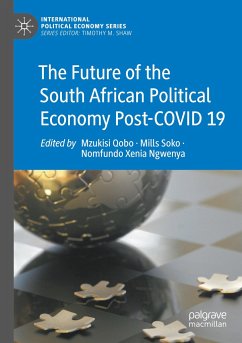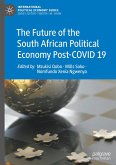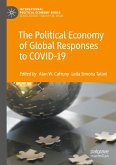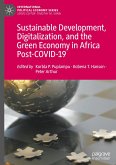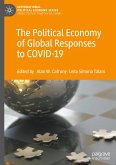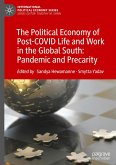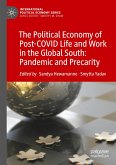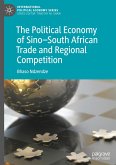This book examines the COVID-19 pandemic through socioeconomic lens that draw on history, approaches to state-market relations, and public policy perspectives In 2020, the world experienced the worst pandemic since the outbreak of the Spanish Flu of 1918, which continues to have far[1]reaching implications for the global economy and triggered macro-economic dislocations that severely affected the most vulnerable countries and segments of society. This book was conceived as a response to the disruptive shifts induced by the pandemic, with a particular focus on South Africa. International experience has shown that countries and societies that have gone through tough economic times, either as a consequence of wars or economic depressions, have responded to crises by enacting unpopular policy measures based on difficult tradeoffs, which often made way for innovation. The authors outline policy responses to the COVID-19 crisis and propose several interventions to mitigate its effects. These include developing innovative approaches to fiscal and monetary policies, labour market policies, industrial policies, as well as social policies. Building state capabilities, improving the governance and performance of state institutions, and managing digital change are some of the clear policy interventions that are laid out in this book.

